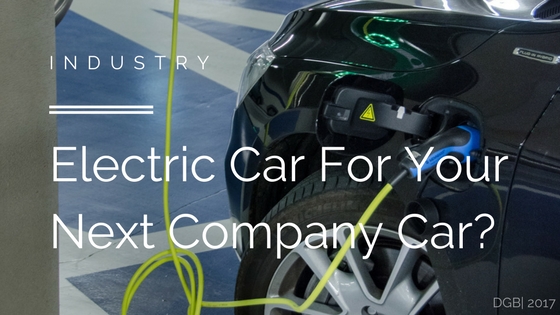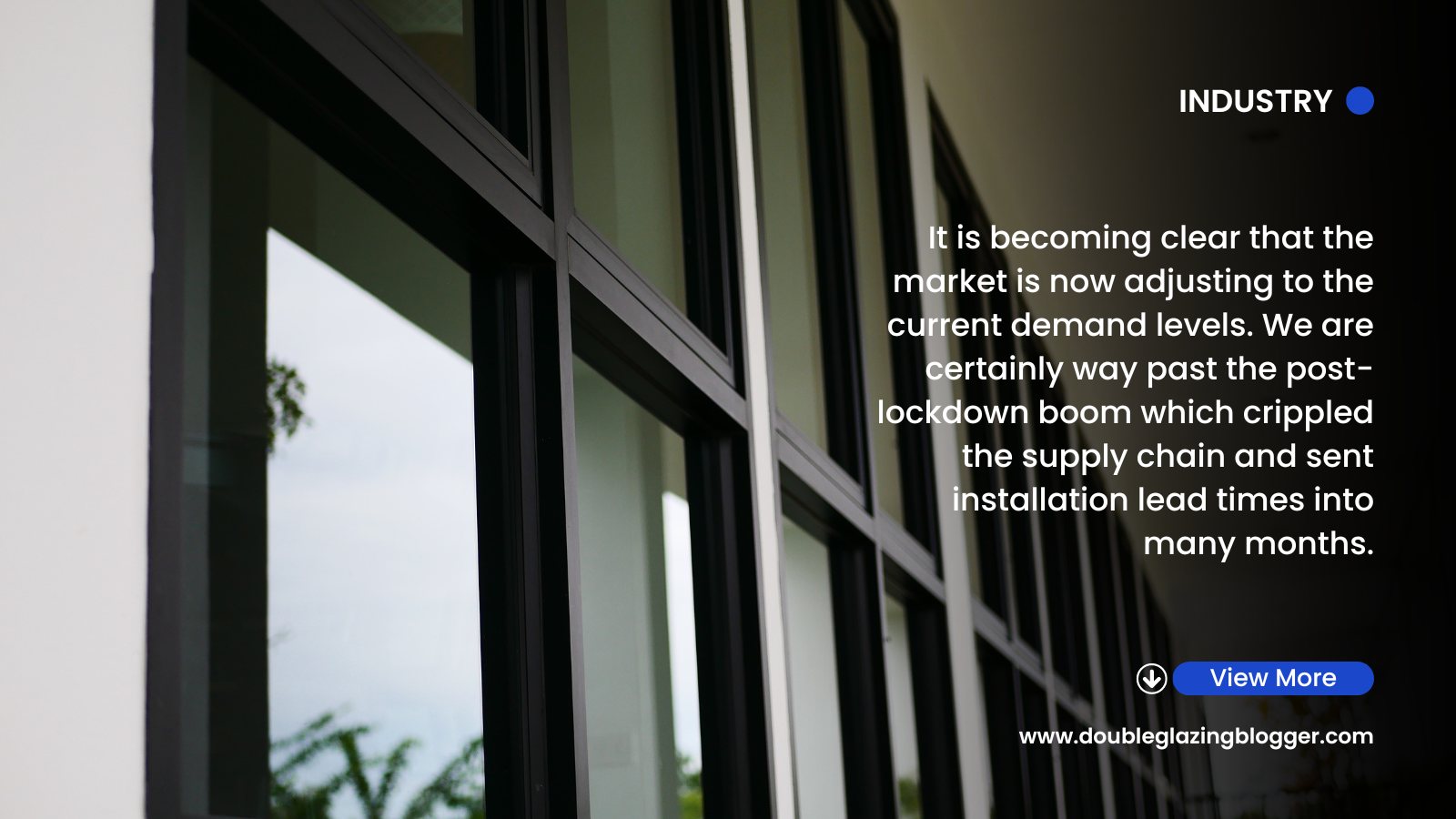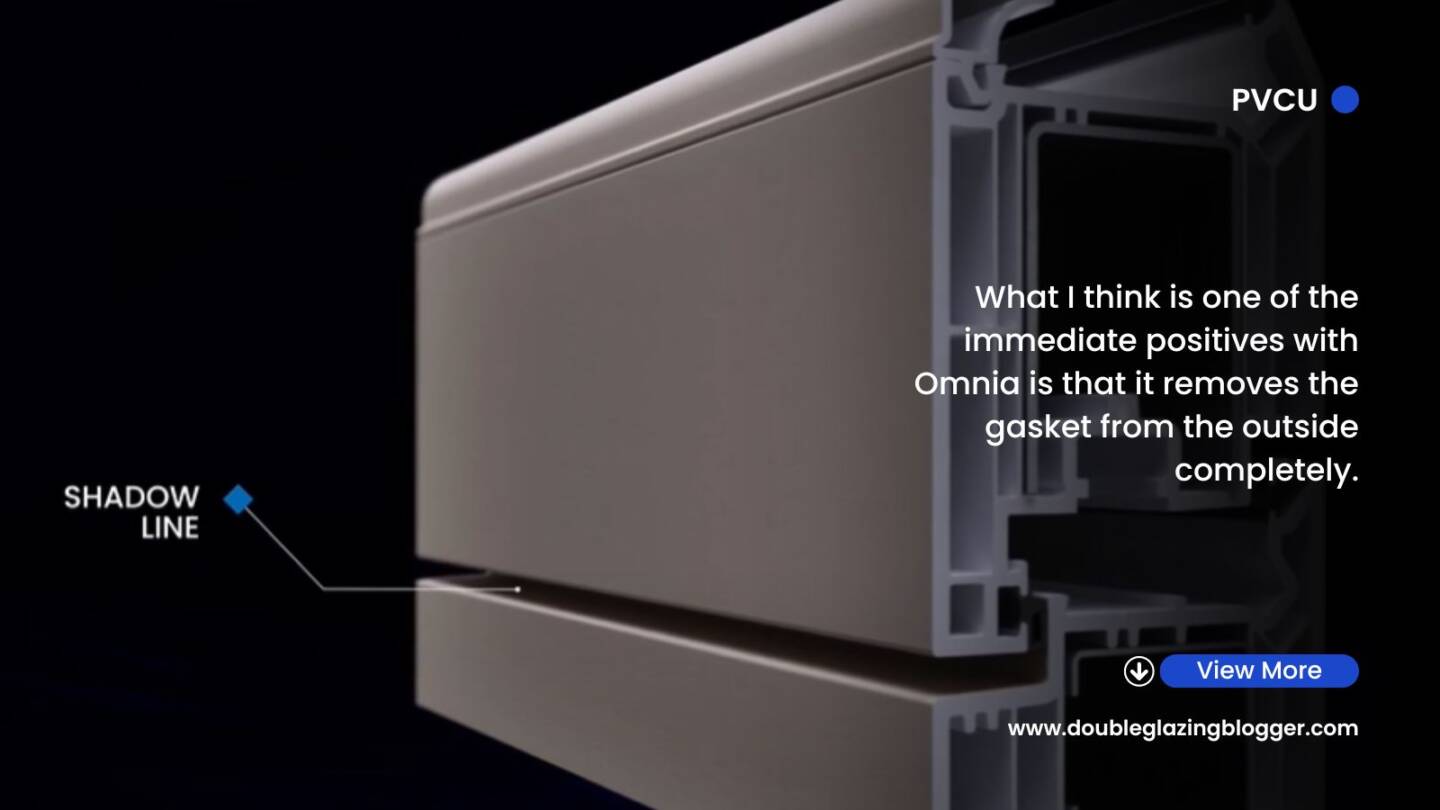It was announced earlier this week that the Government is to ban sales of petrol and diesel cars by 2040. This is a huge step, following in the footsteps of France, who will also ban sales of petrol and diesel cars. It was also announced that over £250m would be available for councils to implement air pollution-reducing measures in the worst spots.
It is all part of an effort to combat air pollution in the UK, where it is claimed 40,000 die every year due to problems caused by air pollution. It is also a move to force us towards a future where we’re not reliant on a fuel source that will run out at some point.
So, it looks like we’re all going to be on electric soon. But for an industry like the window industry, where many reps at many large installers, fabricators and syscos drive company cars, will the move to electric happen before 2040?
Tech too expensive?
Electric car technology has been around for a while now, and has been improving every year. Perhaps the best example of advancing electric car tech is Tesla, one of Elon Musk’s mega-companies. This company is one of the most advanced, developed electric car company which verges on being a tech company.
Problem is, they’re not exactly cheap. The car that would most likely make a company car for a fabricator’s sales rep is the Model S. They start at $69,200. Which in UK money at the current exchange rate is £53,230, and that’s the starting price. For a company with a dozen reps, that’s going to be a rather large company car bill, on a car that only has a range of 337 miles.
There are other options. I recently looked at Audi as I am due to upgrade from my current diesel A3 Sportback back in September if I so wish. So I went on to their website and looked specifically at their hybrid electric options. For the same A3 model, but in their e-tron version, it was a whopping £12,000 more than what I was driving at the moment, just for an A3.
Even the Nissan and Renault electric versions seems expensive for the amount of car that you’re getting. And this is where I think the adoption to electric is going to be slow for many businesses in this industry, other industries and the public in general. Would you pay nearly £40k for a hybrid Audi A3? No, probably not. You would at least expect a lot more car for that money. Other than a lack of infrastructure, this is still one of the biggest sticking points.
You would hope that by 2040, assuming the original date is kept, electric car tech comes way down in price, has become a much more popular purchase and has therefore driven the price of electric cars down to a point where pretty much everyone can afford to buy them. So if you’re looking for your next company car to be a hybrid or fully electric, you might be disappointed.
Infrastructure and lost revenues
Many have welcomed to move to ban petrol and diesel cars, but many have also said that 23 years is too long. These people are wrong in my opinion. Such a massive move like this is going to take a long period of time, and the year of 2040 for all this to happen may be pushed back still.
If you take a look at the current state of electric car infrastructure, we have hardly any. The guy at the end of my street charges his car via a cable out of his house overnight as there’s no charging points round here at all. Not a single one of our filling stations has one here. There are certainly no dedicated charging points. There are some dotted around the country. But if the Government is wanting us all to drive electric cars in the space of a couple of decades, then there is going to have to be absolutely vast infrastructure spending both public and private to get us to that point.
Then there is the readiness for demand. Millions upon millions of electric cars on our roads means a lot more electric will need to be generated. I doubt that our current crop of power stations could cope with the much higher demand. There will need to be plenty of spending on upgrading the current crop, building new ones, and expanding the renewables sector to generate even more. This is perhaps the biggest part of all this. And, will take time. 23 years might not even be enough.
Finally, there is going to be the lost revenues to the Government. Every year the Treasury makes over £23bn in fuel duty. Take away the fuel, lose the duty. Where is all that lost revenue going to come from? Will we be charged to drive on the roads? Will we be paying a premium on our electric bills to cover the costs? All this has to be decided, and you can be assured that we won’t get away with paying less.
So although 23 years seems like a long time, when you consider what is going to be required to get the job done, 23 years may not be enough time at all. However for now, I think I’ll be looking at another diesel Audi. The e-tron models still aren’t value for money, but the diesels still give me fantastic mileage, and the build quality of Audi, the tech, the interior and overall fell still makes them attractive for me.
Do you have an electric or hybrid car that you use for work? Are you thinking of moving to one for work? All comments and thoughts welcome via the section below.
To get weekly updates from DGB sent to your inbox, enter your email address in the space below to subscribe:






